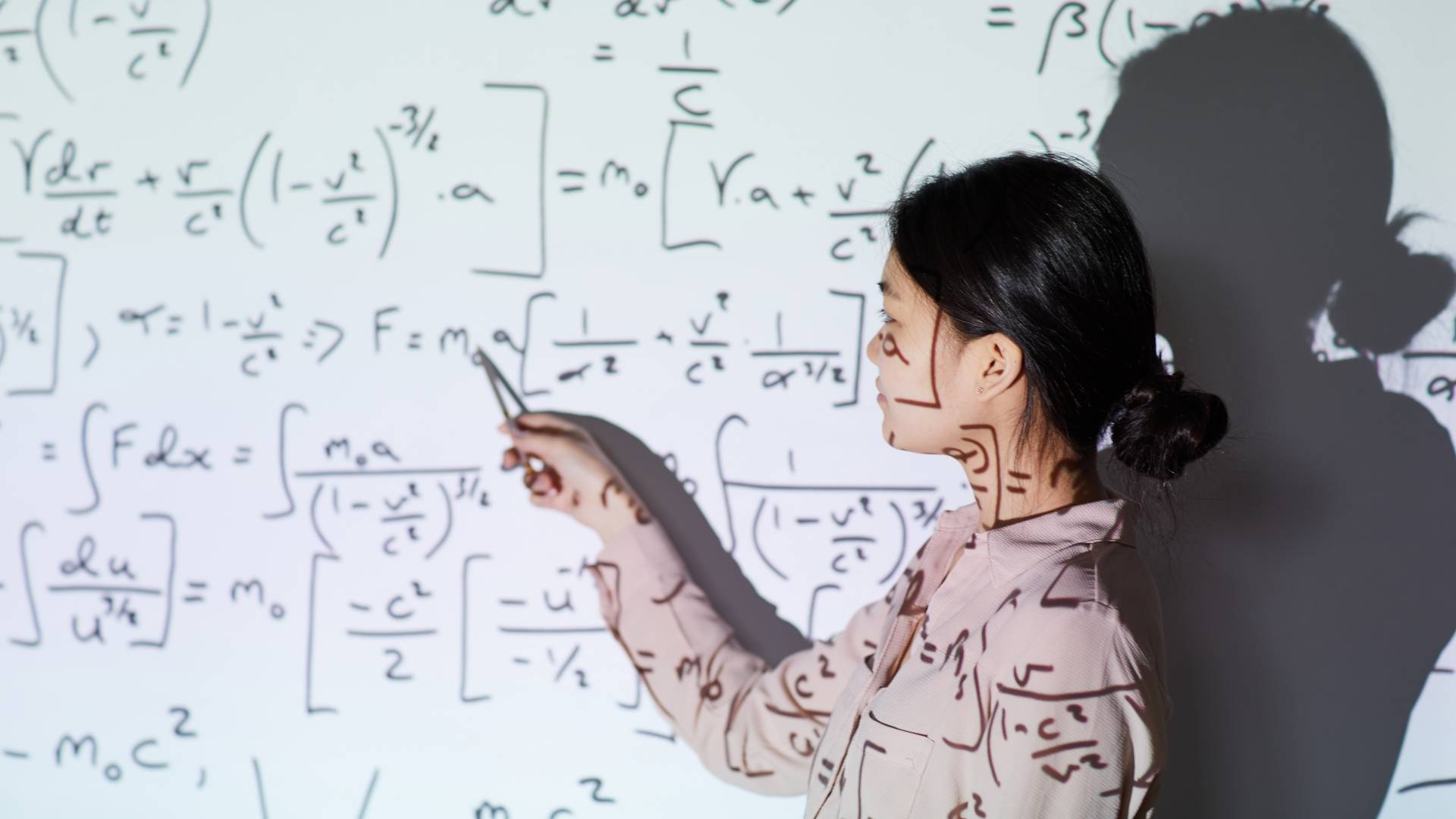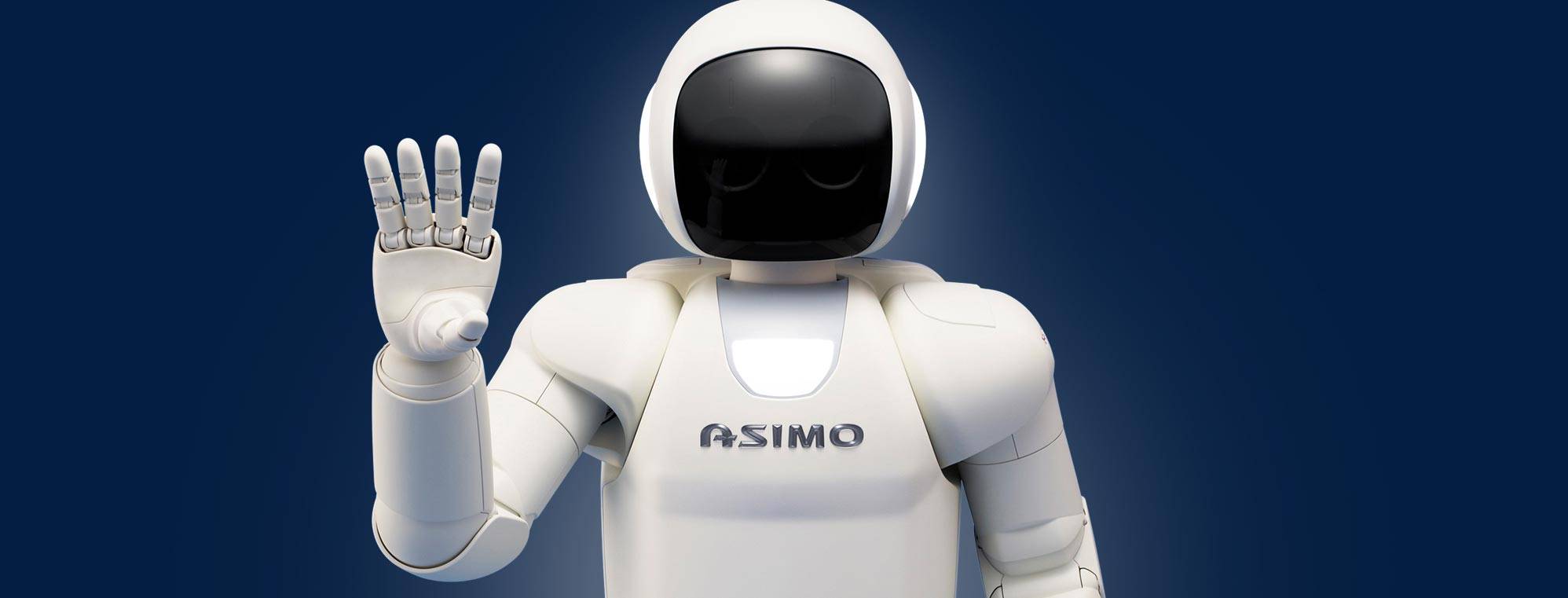What do I need to study mathematics?
Mathematics is everywhere: in the technology we use, in the systems that govern our society, in the economy, in science... even in the algorithms that decide what content we see on social networks or what route an autonomous car takes.
But beyond its ubiquitous presence, mathematics is also one of the most challenging, stimulating and career-enhancing disciplines. If you are wondering what it takes to study mathematics, in this article we tell you what you should bear in mind if you are thinking of studying the academic combination that will open the doors of the present... and the future.
What do I need to know to study mathematics?
1. A taste for intellectual challenges
The first thing you need to study mathematics is not to be a genius, nor to have the ability to solve complex equations in your head. What is really important is to have curiosity and a passion for intellectual challenges. Mathematics is not about memorising formulas, but about understanding concepts, reasoning logically, abstracting problems and finding elegant solutions.
This degree is for you if you like to question the why of things, are stimulated by solving logical puzzles, enjoy patterns, or are simply fascinated by how a formula can explain a complex phenomenon.
2. Logical thinking and abstraction skills
Mathematics is based on abstract structures, and you will often have to work with ideas that you cannot "see" or touch, but which have real applications. To do this, you need to train logical thinking, the ability to follow reasoned steps, to detect errors in a deduction or to construct solid arguments.
This skill is not only useful in pure mathematics. It is, in fact, one of the most valued skills in any field related to artificial intelligence, data science or programming. And this is where computer science comes in.
3. Solid foundations in high school mathematics
Although you don't need to know everything before you start, it is important to have a solid foundation in high school mathematics. Proficiency in algebra, functions, geometry and trigonometry is highly recommended.
Also, the more comfortable you are with abstract problems or multi-step exercises, the better you will be at adapting to university level. But remember: the important thing is not to know everything, but to have the attitude to learn everything. In the Degree in Mathematics and Computer Science at UDIT you will enjoy an education with a high degree of experimentalism, with content that is constantly updated and aligned with the avant-garde, and that will allow you to work in multiple business sectors closely related to technology, mathematics and programming.
4. Ability with technology
UDIT's Bachelor's Degree in Mathematics and Computer Science is not a purely theoretical degree. Quite the opposite: it is designed to train professionals capable of applying their knowledge in the real world through the use of technology and digital tools.
Therefore, it is important that you are willing to learn programming languages such as Python, R, SQL or C++, as well as to work with mathematical, statistical and development software.
In this degree, learning is practical: you will solve real problems, program algorithms, analyse complex data and learn to model mathematical systems from a computational perspective.
Why combine mathematics and computer science?
At UDIT we have created a Degree in Mathematics and Computer Science because we understand that today's world needs hybrid profiles: people capable of understanding the abstract language of mathematics and applying it through software development, data analysis or artificial intelligence.
This combination makes it possible to create professionals who are competent in applying mathematical models in real environments, designing algorithms that solve complex problems, working with large volumes of data (Big Data), entering fields such as machine learning, artificial vision or cybersecurity and, in short, being much more versatile in the labour market.
Bachelor's Degree in Mathematics and Computer Science: a university degree with a vision of the future
At UDIT we have designed the Bachelor's Degree in Mathematics and Computer Science with a clear focus on the future. We don't want our students to leave knowing only how to solve integrals: we want them to become the experts who lead the digital transformation in areas such as data science and Big Data, artificial intelligence, cybersecurity, robotics, etc.
You will learn to use methodologies and tools for the development of efficient, maintainable and quality algorithms and solutions that solve current problems in different areas of industry.
You will be trained in a rigorous but up-to-date syllabus, with subjects that combine pure mathematics (algebra, calculus, statistics, mathematical logic) and applied computer science (data structures, artificial intelligence, advanced programming, etc.).
REQUEST INFORMATION ABOUT THE DEGREE
Throughout the degree you will work on real projects, which will allow you to build your portfolio and gain professional experience. You will have constant tutoring and academic support at various levels to help you at all times during your progression in the degree.
Career opportunities: Where do mathematicians work?
Many people wonder if it is worth studying mathematics and the answer is yes. It is present in more than we think, from the most everyday to the most technical things you can imagine.
Companies are looking for professionals with critical thinking, analytical skills and technological mastery, which is exactly what this degree offers.
Some career opportunities for experts in mathematics and computer science are :
- Data analyst or data scientist (Data Scientist)
- Software engineer specialising in AI or Machine Learning
- Cybersecurity or cryptography experts
- Developer of financial algorithms (quant)
- Process optimisation or logistics consultant
- Academic or scientific researcher in technology centres
The opportunities are vast, and the employability of graduates in Mathematics and Computer Science is among the highest today, both in Spain and internationally.
What if I don't know if I am "good at mathematics"?
Many people turn away from mathematics because they think they are not good at it, but this is usually due to poor educational experiences or lack of adequate support. At UDIT we believe that mathematics can be learned, enjoyed and applied if it is taught well, with a practical approach and constant support.
That is why our degree is designed not only for those who already love this discipline, but also for those who want to discover everything they can do with it.
At UDIT we offer the Bachelor's Degree in Mathematics and Computer Science as a complete, innovative and real-world education. If you want to build solutions, analyse the world and form part of the most in-demand professions of the future... this is the place for you.
More information
Which baccalaureate do you need to study Mathematics and Computer Science?
Spotify and maths: here's the formula for your music recommendations
5 reasons why you should study mathematics applied to software engineering









